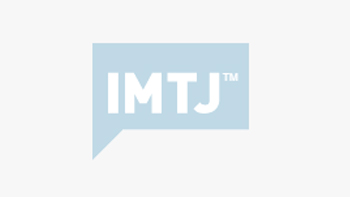Planet Hospital, one of the pioneering medical tourism agencies in the U.S., is hoping to send more medical tourists to Korean hospitals next year. The company has so far sent less than 20 medical tourists to Korean hospitals.
Planet Hospital, one of the pioneering medical tourism agencies in the U.S., is hoping to send more medical tourists to Korean hospitals next year. The company has so far sent less than 20 medical tourists to Korean hospitals. Rudy Rupak of Planet Hospital says, “We would like there to be a lot more. We want at least 100 patients in 2011. We are also looking at opportunities in Russia. America is not the only place that tourists should be coming from. They should be coming from Europe, Africa, Asia and other developing countries as well.” Planet Hospital is partnering with the Korea Medical Institute (KMI), which will take care of the medical tourists, and is working with the Korea Tourism Organization to promote medical tourism.
Korea is trying to build up its medical tourism program, in an effort to compete with Thailand, Singapore and India. Korea currently attracts around 50,000 medical tourists annually.
On the resort island of Jeju, the government is building Health Care Town, a 370-acre complex of medical clinics and apartments surrounded by 18-hole golf courses and beaches, to attract foreigners in need of medical care. At Inchon, a new town is being built to attract foreign visitors, including medical tourists.
South Korea clinics and the South Korean government are trying hard to attract these tourists, who not only bring in money for cash-strapped hospitals but also help the economy. The government has revised immigration rules to allow foreign patients and their families to get long-term medical visas and has altered laws to permit local hospitals to form joint ventures with foreign hospitals.
Wooridul Spine Hospital had 1,000 foreign patients in 2008, with patients from 47 countries, about a third from the United States. Wooridul plans to build a hospital, apartments, a concert hall and an art museum on the Jeju island as part of its medical tourism offering, in addition to the golf course it has already built. The government-run Jeju Development Center says the town will specialize in medical checkups, long-term convalescence, cosmetic surgery and dentistry.
A local survey of 29 hospitals showed that they treated 38,822 foreign patients – which includes holiday and business travellers and US armed forces but excludes long-term Korean expatriates – between January and August, compared with 15,680 in 2007, according to the government-financed Korea Health Industry Development Institute. It said 25 percent of those patients were from the United States, and 10 percent each were from China and Japan.
Seoul National University Hospital plans to open a marketing office in Los Angeles, and hopes to attract medical tourists from the pool of two million Korean-Americans.








 ©2024 All rights reserved LaingBuisson
©2024 All rights reserved LaingBuisson 


